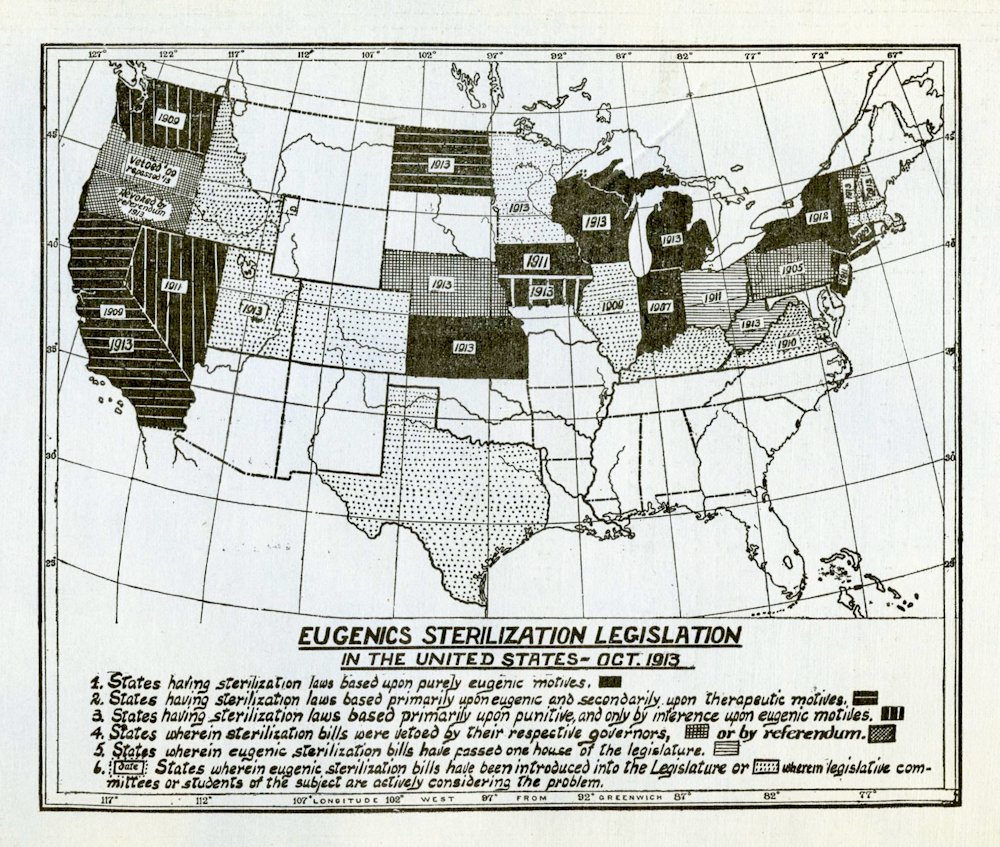United States Laws

Types of Laws in the United States
There are three main types of laws in the United States: statutory law, administrative law, and common law. Statutory law is passed by Congress and state legislatures and is written down in codebooks. Administrative law comes from the executive branch of the government and regulates the activities of agencies such as the Environmental Protection Agency (EPA) and the Federal Communications Commission (FCC). Common law, on the other hand, is based on legal precedents set by court decisions.
Statutory Law
Statutory law is created by Congress and state legislatures. These laws are written down in codebooks and cover a wide range of topics, including criminal law, civil law, and tax law. Some examples of federal statutes include the Clean Air Act, the Americans with Disabilities Act, and the Fair Labor Standards Act.
Administrative Law
Administrative law comes from the executive branch of the government and regulates the activities of agencies such as the Environmental Protection Agency (EPA) and the Federal Communications Commission (FCC). This type of law is created through a process called rulemaking, which involves public comment and feedback. Some examples of administrative law include regulations on pollution, workplace safety, and consumer protection.
Common Law
Common law is based on legal precedents set by court decisions. This type of law is created when a judge makes a ruling on a case that sets a precedent for future cases. Common law is often used in civil cases, such as contract disputes and personal injury claims. Some examples of common law include the right to a fair trial, the presumption of innocence, and the right to free speech.
Advantages and Disadvantages of the U.S. Legal System
Advantages
- The U.S. legal system protects individual rights and freedoms, such as freedom of speech and religion.
- The system is designed to be impartial and fair to all parties involved.
- The U.S. legal system is based on a long history of legal precedent and has a wealth of experience to draw from.
Disadvantages
- The complexity of the legal system can make it difficult for individuals to navigate.
- The cost of legal representation can be prohibitively expensive.
- The system can be slow and cumbersome, with cases taking years to reach a resolution.
FAQ about United States Laws
Q: What is the difference between federal and state laws?
A: Federal laws apply to the entire country, while state laws only apply within that particular state. Federal laws are created by Congress and state laws are created by state legislatures.
Q: What is the Bill of Rights?
A: The Bill of Rights is the first 10 amendments to the U.S. Constitution. These amendments outline specific individual rights and protections, such as freedom of speech, religion, and the press.
Q: What is the role of the Supreme Court?
A: The Supreme Court is the highest court in the United States and is responsible for interpreting the Constitution and federal laws. The court also hears cases that involve disputes between states or cases that have national significance.
Q: What is the difference between civil and criminal law?
A: Civil law deals with disputes between individuals or organizations, such as contract disputes or personal injury claims. Criminal law, on the other hand, deals with crimes that are considered to be a threat to society, such as murder, theft, and fraud.
Conclusion
The United States legal system is a complex and ever-evolving system that is designed to protect individual rights and freedoms while ensuring that society as a whole is safe and secure. While there are advantages and disadvantages to the system, it remains an essential part of American society and plays a crucial role in shaping the country's future.
